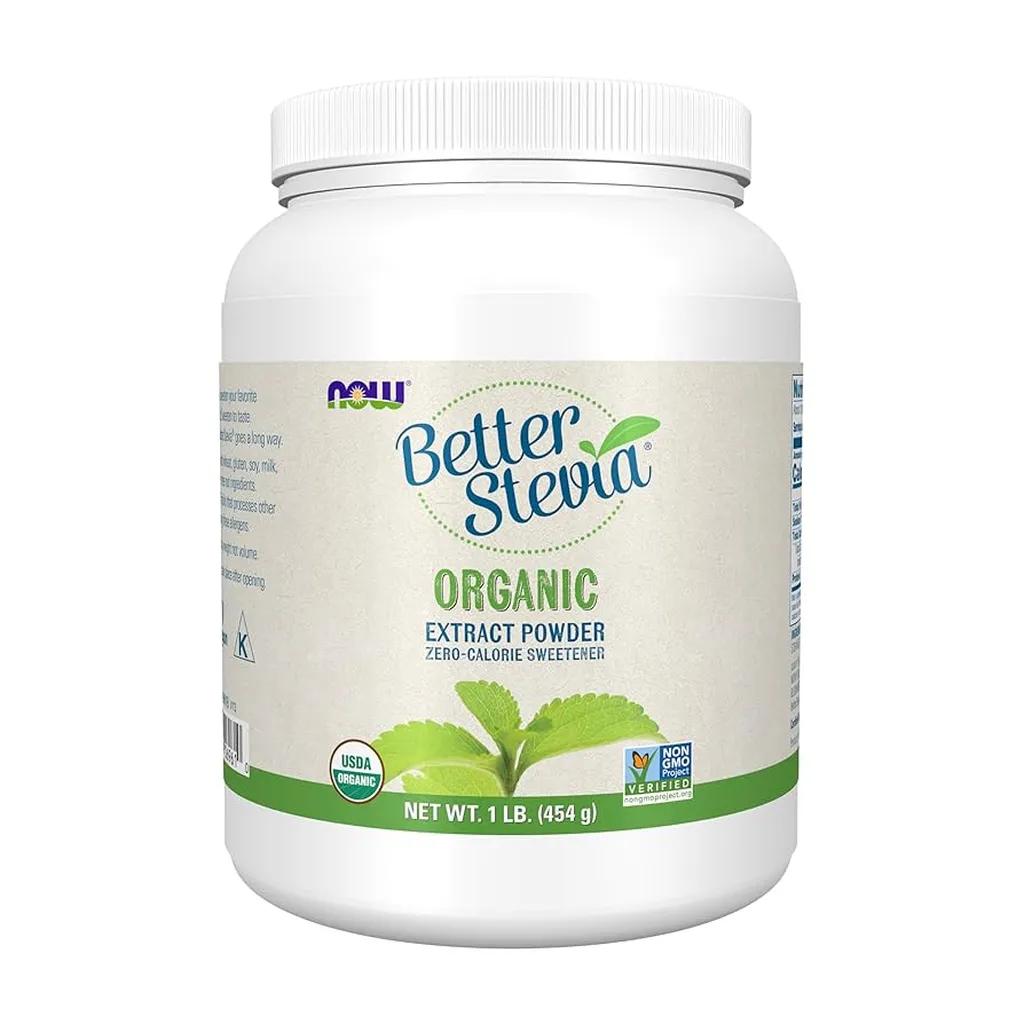In a groundbreaking study published in the journal Metabolites (which translates to “Metabolites” in English), researchers from the Institute of Plant Physiology and Genetics at the Bulgarian Academy of Sciences have uncovered a novel application of organic nanofibers that could revolutionize the agricultural and energy sectors. Led by Maria Geneva, the research team explored the impact of biopolymer-based organic nanofibers on the in vitro propagation and specialized metabolite production of *Stevia rebaudiana*, a plant renowned for its natural sweetening compounds.
The study focused on peptidomimetics, specifically those formed through the self-assembly of L-valine and nicotinic acid (NA), denoted as M6. These nanofibers were tested both alone and as carriers of the plant hormone indole-3-acetic acid (IAA). The findings revealed that treatment with 10 mg L−1 M6 significantly enhanced shoot growth parameters, including fresh weight, mean shoot height, shoot number, and micropropagation rate. “The results were quite remarkable,” said Geneva. “The plants treated with M6 alone showed superior shoot growth, total soluble sugars, and steviol glycoside content compared to those treated with M6+IAA.”
Interestingly, the M6+IAA treatment proved more effective in promoting root initiation, the accumulation of mono- and dicaffeoylquinic acids, and boosting antioxidant enzyme activity. This dual functionality of the nanofibers—enhancing both shoot and root growth under different conditions—opens up new avenues for optimizing plant propagation and metabolite production.
The implications of this research are far-reaching, particularly for the energy sector. Stevia, a natural sweetener, is increasingly being used as a low-calorie alternative to sugar, which could have significant impacts on the food and beverage industry. Moreover, the enhanced production of antioxidant compounds could lead to the development of new therapeutic agents with potential applications in healthcare.
“This study highlights the potential of organic nanofibers as novel tools for optimizing micropropagation and metabolite enhancement in *Stevia rebaudiana*,” Geneva explained. “The findings could pave the way for more efficient and sustainable agricultural practices, ultimately benefiting both the environment and the economy.”
As the world grapples with the challenges of climate change and the need for sustainable energy sources, innovations like these are crucial. The use of biopolymer-based nanomaterials could not only improve crop yields but also reduce the environmental impact of agricultural practices. This research, published in Metabolites, represents a significant step forward in the field of plant biotechnology and holds promise for future developments in agriculture and beyond.

